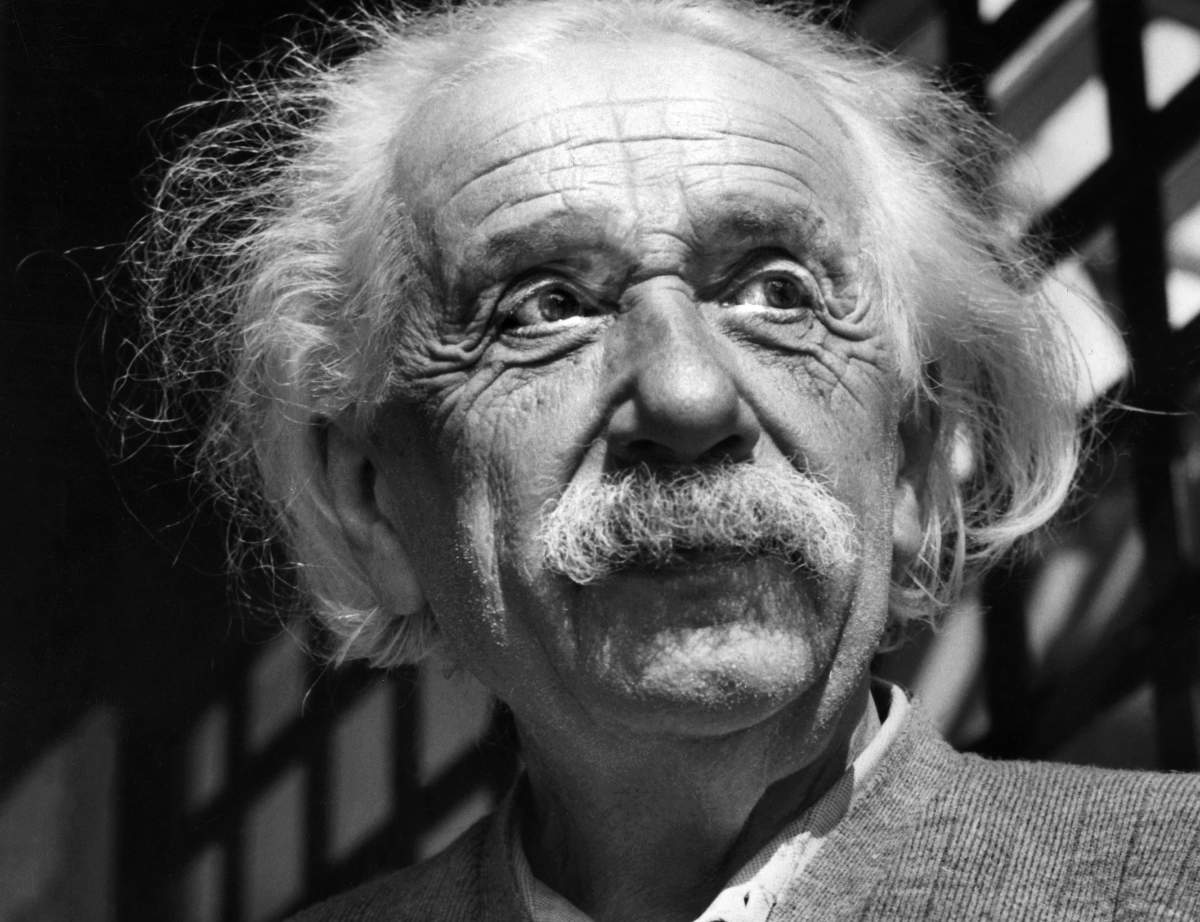Canadian parliamentarians love to quote Albert Einstein’s definition of insanity.

No one more so than Liberal Sean Casey, who’s cited the famous quotation purportedly from the acclaimed physicist at least five times in the House of Commons or in parliamentary committees since he was first elected in 2011.
READ MORE: The Canada Child Benefit is increasing again. Here’s how much you could get
“Albert Einstein once said, ‘Insanity is doing the same thing over and over and expecting a different result,”‘ the Prince Edward Island MP told the Commons during a 2014 debate on the previous Conservative government’s bill to stiffen criminal penalties for child predators.
“No one in the House would accuse the minister of justice of being Einstein, but the government’s behaviour on this issue gives rise to the suspicion that they are playing politics with a very serious issue.”
But it seems no one can accuse Einstein of being Einstein either – at least not when it comes to the insanity quotation.
“There is no evidence to suggest that Einstein ever said this,” says a report by micro-learning platform Blinkist.
- More than half of small businesses say U.S. no longer reliable: CFIB data
- The Bank of Canada says these are the 3 warning signs for mortgage default
- Carney says Canadian military participation in Middle East war can’t be ruled out
- Canadians want floor-crossing MPs to face ‘immediate’ byelections: poll
“It only began to be attributed to him long after his death … The exact origin of the quote is unknown, but the general consensus is that it emerged during the 1980s.”

Get breaking National news
Casey is far from alone in mistakenly attributing the insanity definition to Einstein. A quick search of Commons and committee transcripts turns up at least 13 references to the supposed Einstein maxim by Liberal, Conservative and New Democrat MPs – just since 2015.
READ MORE: Einstein letter fearing German anti-Semitism sells at auction for $32K
According to Blinkist, which analyzed 25 years of publicly accessible records from Canadian, American and British legislative transcripts, it is the most frequently misattributed quotation cited by Canadian parliamentarians – with former Reform MP Mike Scott appearing to be the first to use it during parliamentary debate in 1999.
“It’s human nature to try and find the perfect quote from famous figures we admire in order to support our point of view,” says Blinkist CEO and co-founder Holger Seim. “However, when taken out of context, quotes can lose their meaning or, as we’ve seen in the age of social media, could be completely wrong in the first place.”
Here are the nine runners-up for the top misattributed quotes cited in Canada’s Parliament:
– “Let them eat cake.” Attributed to Queen of France Marie Antoinette on learning that starving peasants had no bread. According to Blinkist, the phrase was first attributed to an unnamed princess in philosopher Jean-Jacques Rousseau’s 1770 work, “Confessions.” At the time, Marie Antoinette was a child, so it is unlikely she was the princess to whom Rousseau referred.
– “I disapprove of what you say, but I will defend to the death your right to say it.” Attributed to 18th-century historian and philosopher Voltaire. According to Blinkist, “Voltaire never used this expression. It was actually written by Evelyn Beatrice Hall in her book, ‘The Friends of Voltaire,’ in 1906.”
– “An eye for an eye makes the whole world blind.” Attributed to Mahatma Gandhi, leader of the independence movement against British colonial rule in India. Blinkist says there is no evidence Gandhi ever said this, although it does fit with his non-violent philosophy.
– “Be the change you wish to see in the world.” Also attributed to Gandhi. According to Blinkist, what he actually said was, “If we could change ourselves, the tendencies in the world would also change. As a man changes his own nature, so does the attitude of the world change towards him.”
– “I’ve learned that people will forget what you said, people will forget what you did, but people will never forget how you made them feel.” Attributed to American poet and civil rights activist Maya Angelou. Blinkist says this was actually said by Carl W. Buehner, former Republican party candidate for governor of Utah.
– “You make a living by what you get; you make a life by what you give.” Attributed to former British prime minister Winston Churchill. According to the International Churchill Society, “It’s a nice quote, but definitely not Winston Churchill.”
– “An army marches on its stomach.” Attributed to Napoleon Bonaparte. Blinkist says there’s no evidence he ever said this.
– “There are only two certainties in life: death and taxes.” Falsely attributed to various people, including Mark Twain and Benjamin Franklin. According to Blinkist, it was first uttered by English actor Christopher Bullock in 1716.
– “The death of one man is a tragedy. The death of millions is a statistic.” Attributed to one-time Soviet strongman Josef Stalin. Blinkist says this was “actually a satirical point made in an essay by Kurt Tucholsky about French diplomacy in 1925.”











Comments
Want to discuss? Please read our Commenting Policy first.